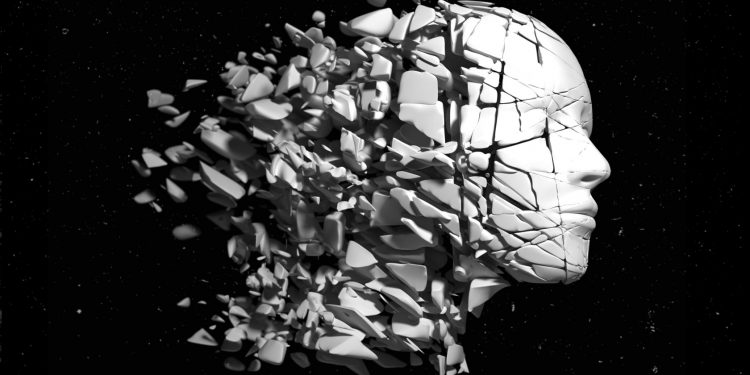Dhanada Kanta Mishra
A foundation established by a former central minister from Odisha recently organised a seminar in Delhi to pay tribute to a freedom fighter from the state. The stated purpose of the event was to raise a voice for getting the freedom fighter the place he justly deserved in the history of Indian freedom struggle. The former minister, in his speech at the event, lamented that history had done great injustice to our heroes and added that eminent historian from Odisha Professor Manmathnath Das had once remained silent when asked why our history books were so erroneously written. The speaker may not have had a background in history or historical research, and his speech gave no evidence of such knowledge. His speech, though, was part of a growing global trend that involves making intellectuals scapegoats for all perceived societal problems. Historians are blamed for wrongly recording the past, climate scientists are blamed for faulty predictions of the future, and so on, by people holding preconceived notions and political agenda.
The simple fact is that no historian worth his salt, can make history according to the whims and fancies of people. They have to go by reliable data and evidence, as indeed would be the case in every other field of intellectual pursuit. The current trend of animosity towards intellectuals stems from a widespread misunderstanding of their work. In the era of social media and fake news, politicians world over have found the intellectual class a threat.
When the best of our youth is enamoured with glittering corporate careers and most are shunning fields such as history, it would be foolish to expect quality research in any field. Professor Das may have maintained silence over the former minister’s question probably because he did not want to share the grim reality of our universities and research institutes – particularly in the field of humanities.
A souvenir unveiled at the seminar had several articles that described the admirable fight put up by the said freedom fighter against the British and the ghastly way in which he was executed. An amateur history lover had brought out the details based on painstaking work to unearth documents from the British Archives in London. He presented them as evidence to show the errors in history. For instance, a letter was cited as evidence that the date of execution may have been a few months earlier to what is widely believed.
It goes without saying that if we have to correct history written by the British or post-Independence historians, we have to do our own research, find evidence and present it to academic peers before being accepted. Rewriting textbooks or making films can give us pseudo-nationalist satisfaction, but it will not change history.
Today as the country grapples with divisive issues such as Ayodhya, Tipu Sultan and Savarkar, we seem to be increasingly going back in history to a point where facts merge with fiction, and mythology gets confused with history. It is a slippery slope. With IT cells of political parties using social media to spread their favourite version of historical events, gullible people are easy pickings.
Thus it has become more important than ever that history and historians are treated with the respect they deserve. Renowned historians such as Romila Thapar should never have to explain what they may or may not have done to justify the status of Professor Emeritus. We have much to learn from the US and Europe where despite the recent upswing of the right-wing, divisive political forces, academics have stood up in admirable unanimity against some very strong headwinds.
It’s time to revisit the following maxim and stop blaming the intellectuals for all our ills: “SwaGruhe Poojyathe Pitharah (Elders are respected within their homes); SwaGraame Poojyathe Prabhuhu (A rich man is respected in his village); SwaDeshe Poojyathe Rajah (A king is respected within his kingdom); Vidwan Sarvathra Poojyathe (A scholar is respected everywhere)”.
The writer is a civil engineering professor and principal of KMBB College of Engineering and Technology currently visiting Hong Kong University of Science and Technology as a research scholar. He can be reached by email at dhanadam@gmail.com.







































